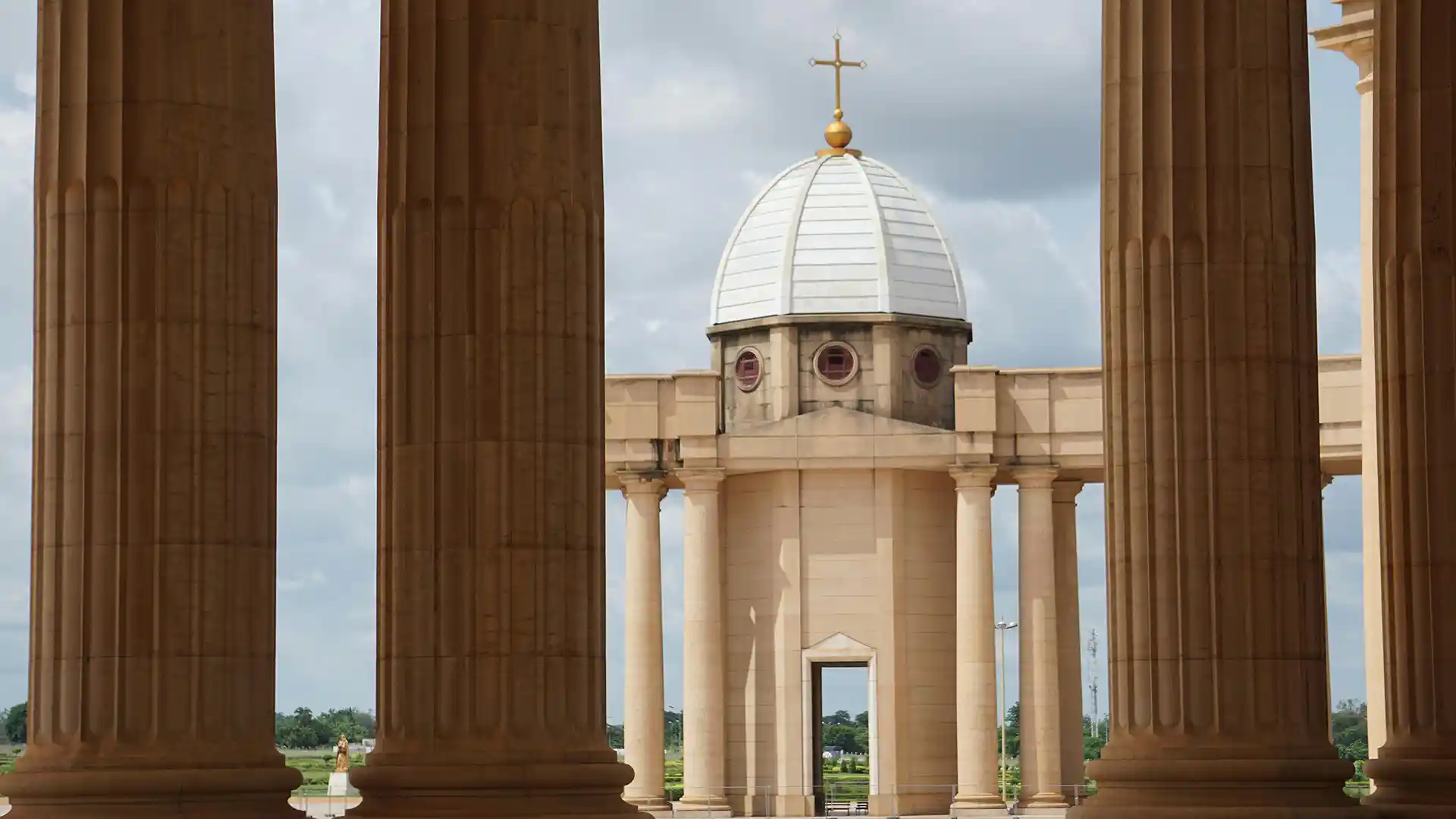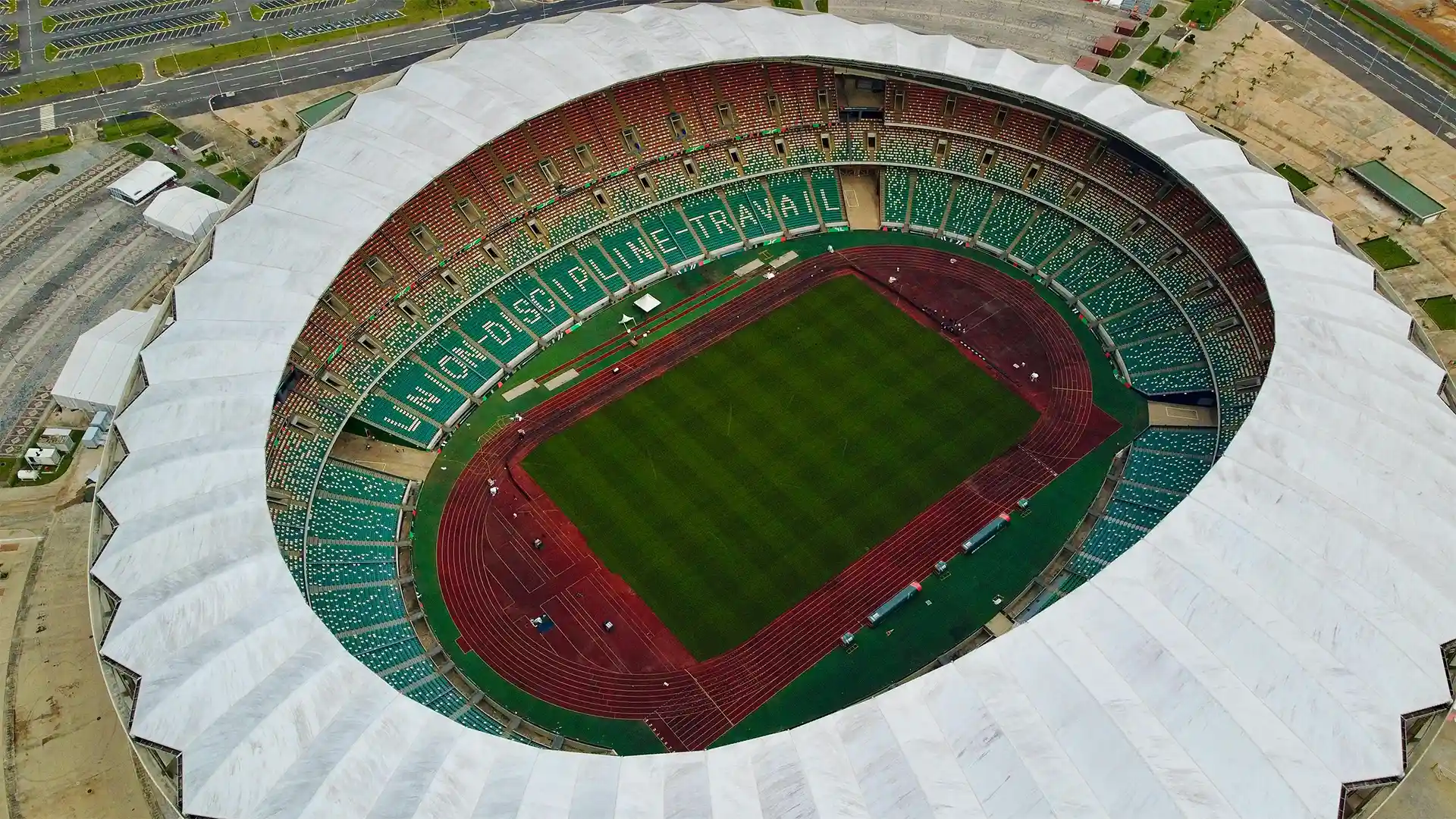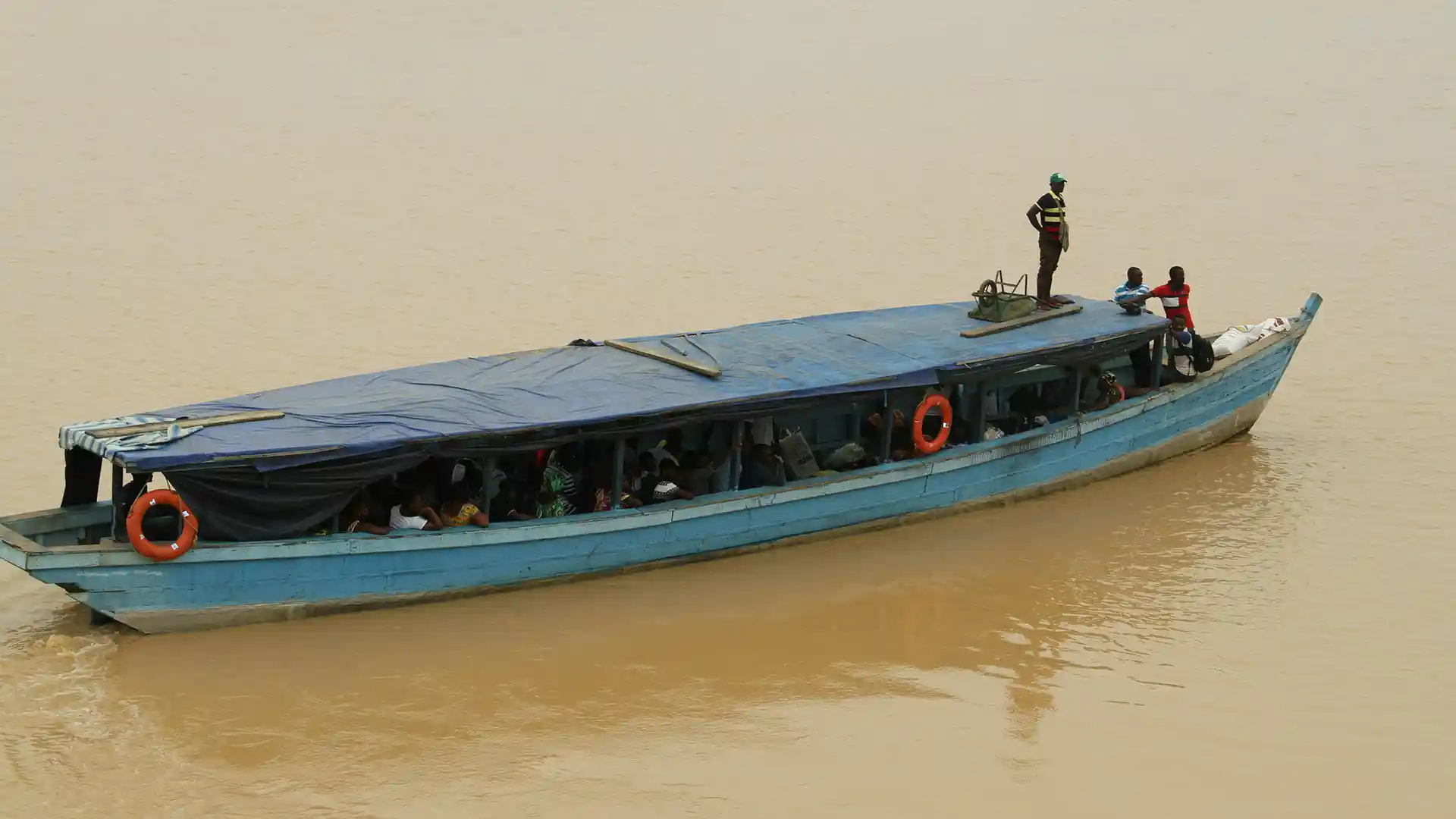Experience Abidjan
Abidjan is a dynamic coastal city that offers a unique blend of culture and commerce.

Overview
Abidjan, the economic capital of Côte d’Ivoire, is a bustling city that offers a unique blend of traditional African culture and modernity. Its vibrant streets are filled with colorful markets, lively music, and mouth-watering cuisine. The city is home to numerous landmarks and attractions, including the Plateau district, which is the city’s commercial center, and the St. Paul’s Cathedral, a stunning example of modernist architecture. Visitors can also explore the Abidjan Zoo, the Banco National Park, and the Museum of Civilizations of Côte d’Ivoire. With its rich history, vibrant culture, and warm hospitality, Abidjan promises a breathtaking experience for all who visit.
City History
Abidjan’s history dates back to the late 19th century when it was a small fishing village. It began to grow in importance during the colonial period as a center of commerce and industry. In 1934, the city became the capital of the French colony of Cote d’Ivoire, a status it retained until the country’s independence in 1960. During the post-independence period, Abidjan experienced a period of rapid growth and development. It became one of the most vibrant and cosmopolitan cities in Africa, attracting people from all over the continent and beyond. In the 1970s, Abidjan was known as the “Paris of West Africa” due to its stylish fashion, music, and nightlife. However, political and economic instability in the 1990s led to a decline in Abidjan’s fortunes. The city was hit by a series of coups and civil unrest, and many of its residents fled to other parts of the country or abroad. The economy also suffered, and many businesses closed down. In recent years, Abidjan has once again emerged as a thriving metropolis. The city has worked hard to rebuild its reputation as a center of commerce, industry, and culture. It has a dynamic arts and culture scene, a bustling port, and a booming tech industry. Today, Abidjan is a vibrant and exciting city that is home to people from all over the world, and it continues to play an important role in the economic and cultural life of West Africa.
Things to See
St. Paul’s Cathedral: This iconic cathedral is a must-see for anyone visiting Abidjan. It is a stunning example of modernist architecture, with a unique design that incorporates traditional African elements.
The National Museum of Ivory Coast: This museum is a great place to learn about the history and culture of Ivory Coast. It has a large collection of artifacts, including traditional masks, sculptures, and textiles.
The Banco National Park: This beautiful park is a great place to escape the hustle and bustle of the city. It has a variety of walking trails, picnic areas, and scenic viewpoints.
The Plateau: This is the historic center of Abidjan, and it is home to many important government buildings, as well as some of the city’s best restaurants and shops.
The Treichville Market: This bustling market is a great place to experience the local culture and cuisine. It is known for its fresh produce, seafood, and spices.

Getting In
By Air: Abidjan’s Félix-Houphouët-Boigny International Airport is the main gateway to the city, and it is serviced by many major airlines. It is located about 16km (10 miles) southeast of the city center, and it takes about 30 minutes to get there by car. Taxis and shuttle buses are readily available at the airport, and many hotels offer airport transfers for their guests.
By Land: Abidjan is well-connected to other cities in Ivory Coast and neighboring countries by road. The city has several bus stations, including the Gare Routière d’Abidjan, which is the main intercity bus terminal. Buses are a popular and affordable way to travel within the country, and there are many companies that offer services to different destinations.
By Sea: Abidjan is also an important port city, and it is connected to other West African countries by sea. The Port of Abidjan is the largest port in Ivory Coast, and it is a major hub for cargo shipping. There are also passenger ferries that operate between Abidjan and other nearby countries, such as Ghana and Togo.

Currency
The currency used in Abidjan, the economic capital of Côte d’Ivoire, is the West African CFA franc (XOF). This currency is also used in several other countries in West Africa, including Benin, Burkina Faso, Guinea-Bissau, Mali, Niger, Senegal, and Togo. The West African CFA franc is issued by the Central Bank of West African States (BCEAO) and is pegged to the Euro at a fixed exchange rate. This means that the value of the West African CFA franc is tied to the Euro and remains relatively stable. The currency is available in both coins and banknotes and is widely accepted throughout the country.
General Knowledge Base
General information about Abidjan, Ivory Coast.
Abidjan, the economic capital of Ivory Coast, is known for its bustling markets, lively nightlife, and its stunning skyline.
Abidjan was founded in the 19th century as a small fishing village before it was transformed into a modern city under French colonial rule.
Abidjan has an estimated population of around 5 million people, making it the largest city in Ivory Coast.
French is the official language of Abidjan and Ivory Coast, but many locals also speak various African languages such as Dioula, Baoulé, and Bété.
The tallest building in Abidjan is the 105-meter-tall La Pyramide, which is a commercial and office building located in the Plateau district.
The most popular tourist attraction in Abidjan is the St. Paul’s Cathedral, which is a stunning modernist cathedral with beautiful stained glass windows.
Abidjan has a tropical climate with high temperatures and humidity throughout the year, with the rainy season lasting from May to October.
The currency used in Abidjan and Ivory Coast is the West African CFA franc (XOF), which is also used in several other Francophone African countries.
